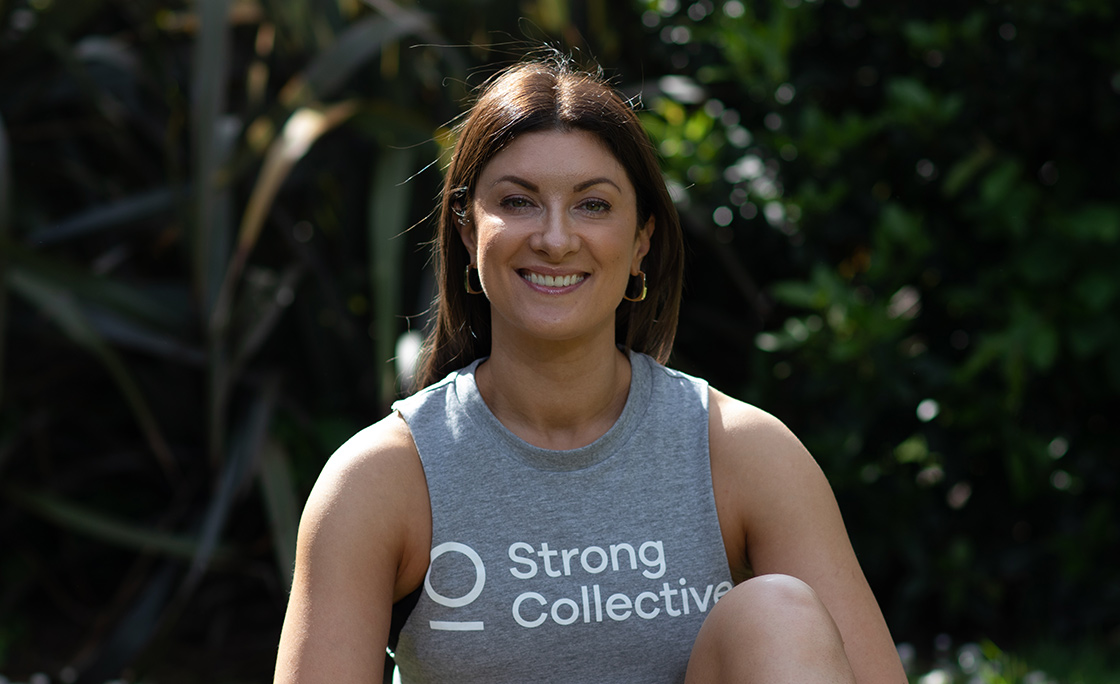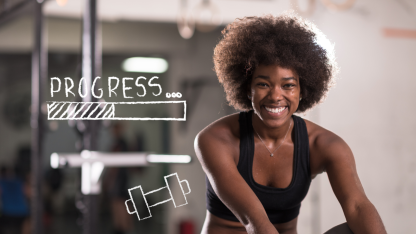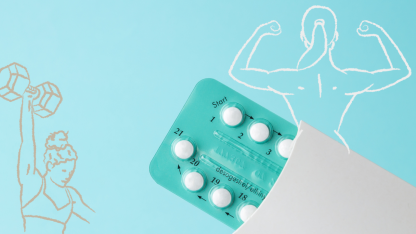
1 – Self Critical Behaviour
Spending time regularly unpicking your appearance and finding fault. This may include negative thoughts about your body, but can also relate to language you use about yourself. For example, calling yourself “ugly”, “fat”, “out of shape”, etc.
2 – Body / mirror checking
Spending lengthy or unnecessarily frequent amounts of time checking your appearance in the mirror, including scrutinising different angles and specific body parts. Pinching, prodding, grabbing and manipulating your body are also signs to look out for.
3 – Comparing to others
Comparing your appearance to those around you. This could be friends, family, colleagues… or it could be celebrities and influencers on social media. You might identify people you frame as “inspo”, or find yourself striving to modify your appearance to resemble others.
4 – Discussing with others
Spending a lot of time speaking about your appearance and body with others. Sometimes this may be led by you, but at other times you may find yourself dragged into these conversations. What’s important is to tune into and observe how it makes you feel.
5 – Cancelling plans
Cancelling plans due to fear of your appearance being judged by others or not “stacking up”. For example, missing a trip to the beach because you don’t want to be seen in swimwear, or skipping a night out because you can’t find an outfit you feel good in.
So what can you do?
Focus on what your body can do
Your body is amazing! Switch the focus from aesthetics to function. Write down at least one thing per day that you are grateful to your body for enabling – e.g. running for the bus, hugging your friend, pumping your blood.
Reduce social media and curate your feed
If you compare yourself with people online and feeling negative about this, take steps to limit the time you spend scrolling. Switch off notifications and allocate short slots to check in. Also, mute or unfollow triggering accounts.
Limit mirror time and body checking
Gradually reduce the number of times and amount of time you spend in front of the mirror or body checking. Aim to reduce down to x1 per day before you leave the house. When you feel the urge to body check, try journalling your feelings or see below…
Practice self compassion
When you catch yourself having negative thoughts or feelings about your body, imagine what you’d say to a friend or a child. Put your hand on your chest and implement box breathing if you feel overwhelmed – 4 breaths in, hold for 4, exhale for 4.
Set implementation intentions
Put simply, this is an “if then” plan. If you know certain situations or comments trigger feelings of negative body image, map out how you want to react to these in advance so that when you’re faced with the scenario, you already know how you’re going to handle it.
Communicate your preferences
If the behaviours of others around you are fuelling negative body image, TELL THEM. It’s not easy, but if your aunty commenting on your weight is harming your wellbeing, it’s perfectly ok to explain that you’d prefer this was not a topic of conversation.


